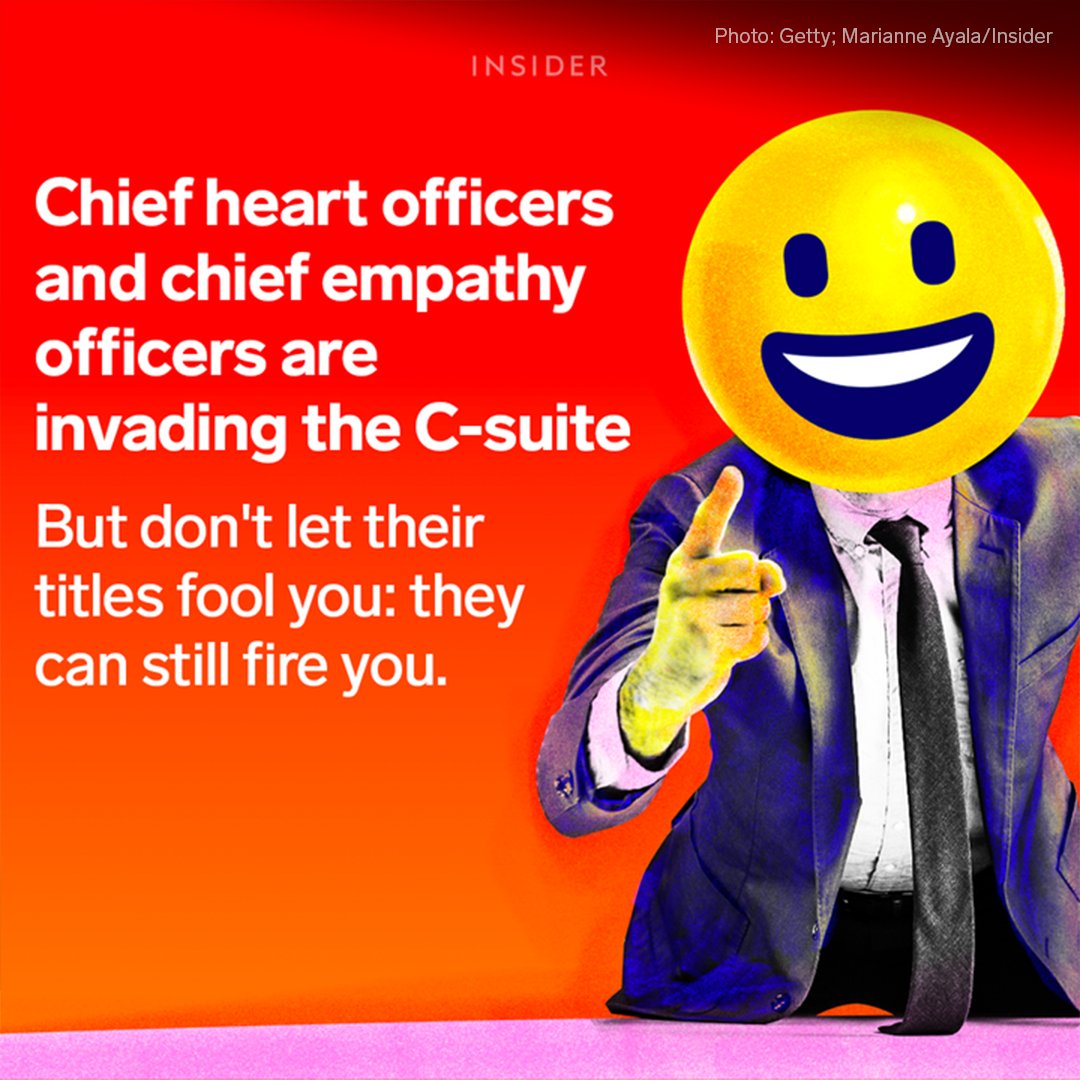"They kicked us to the curb like we were a worn pair of shoes."
Workers in the battered hospitality industry know tourists are returning, but they're worried that the jobs they relied on aren't coming back. Thread. 👇
businessinsider.com/hotel-workers-…
Workers in the battered hospitality industry know tourists are returning, but they're worried that the jobs they relied on aren't coming back. Thread. 👇
businessinsider.com/hotel-workers-…
About 3.5 million leisure and hospitality jobs disappeared during the pandemic.
Insider spoke with six workers, including two who have returned to work. But others fear they won't be going back anytime soon, as competition for existing jobs is fierce. businessinsider.com/hotel-workers-…
Insider spoke with six workers, including two who have returned to work. But others fear they won't be going back anytime soon, as competition for existing jobs is fierce. businessinsider.com/hotel-workers-…
Rosa Leon is a housekeeper at the Hilton Americas-Houston. Since returning from furlough, her workload has increased dramatically.
She said she does not drink water on the job because she rarely has the time to use the bathroom.
businessinsider.com/cdc-fully-vacc…

She said she does not drink water on the job because she rarely has the time to use the bathroom.
businessinsider.com/cdc-fully-vacc…


Carolyn Ford is a housekeeper at IP Casino Resort in Mississippi. A couple of weeks after returning to work from furlough, she tested positive for COVID-19.
Guests are still required to wear face coverings in the resort's public spaces, but Ford said they often don't.
Guests are still required to wear face coverings in the resort's public spaces, but Ford said they often don't.

Meanwhile, tens of thousands of employees are waiting to be called back to work.
Mirela Ivan worked as a server in Florida before she was laid off at the start of the pandemic. She is concerned about being replaced with new workers earning lower wages.
businessinsider.com/coronavirus-ho…
Mirela Ivan worked as a server in Florida before she was laid off at the start of the pandemic. She is concerned about being replaced with new workers earning lower wages.
businessinsider.com/coronavirus-ho…

Some employers who conduct layoffs are required by union contracts or local ordinances to first offer laid-off workers available jobs for which they are qualified. These "recall rights" typically last a year.
Labor union @unitehere is fighting to have these rights extended.
Labor union @unitehere is fighting to have these rights extended.

Barbie Tivas worked as a banquet server in Las Vegas for 14 years before she was laid off in March 2020.
The venue she worked at has resumed events, but it is relying on a slimmed-down staff.
businessinsider.com/hotel-workers-…
The venue she worked at has resumed events, but it is relying on a slimmed-down staff.
businessinsider.com/hotel-workers-…

Subscribe to our Insider Weekly newsletter and receive a selection of our best stories from the past week, as chosen by top editor, Matt Turner (@_bmturner_).
👉 newsletter.businessinsider.com/join/4np/insid…
👉 newsletter.businessinsider.com/join/4np/insid…
• • •
Missing some Tweet in this thread? You can try to
force a refresh








